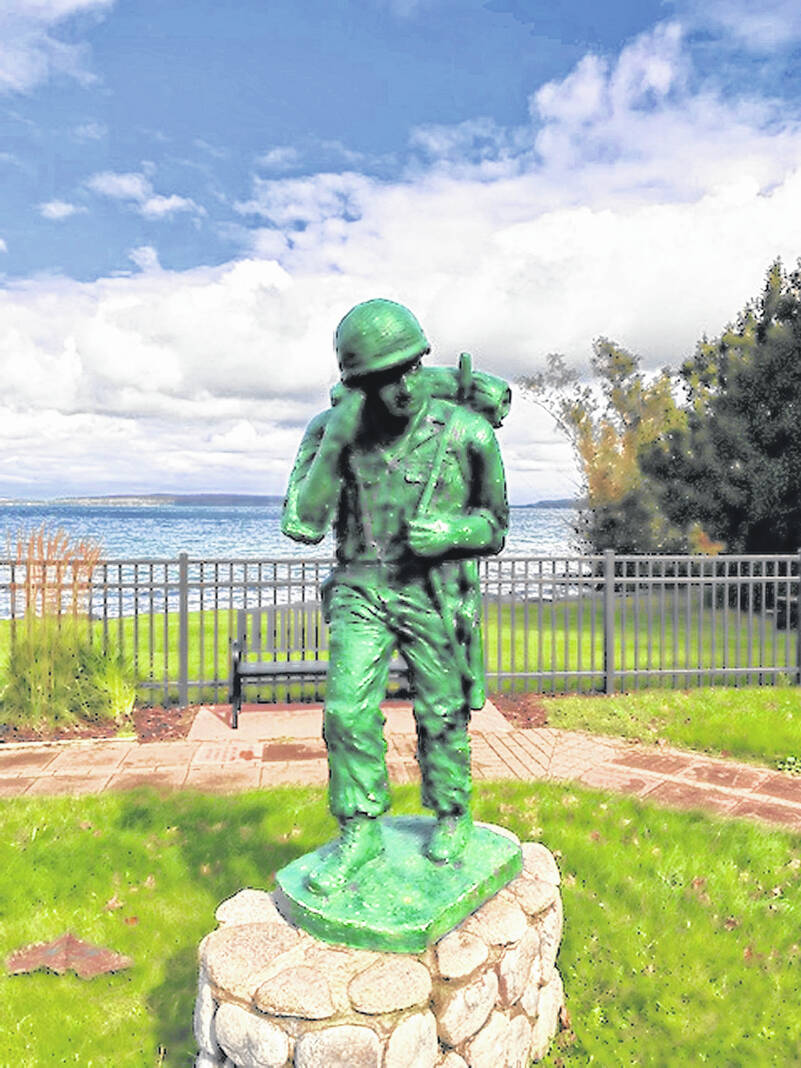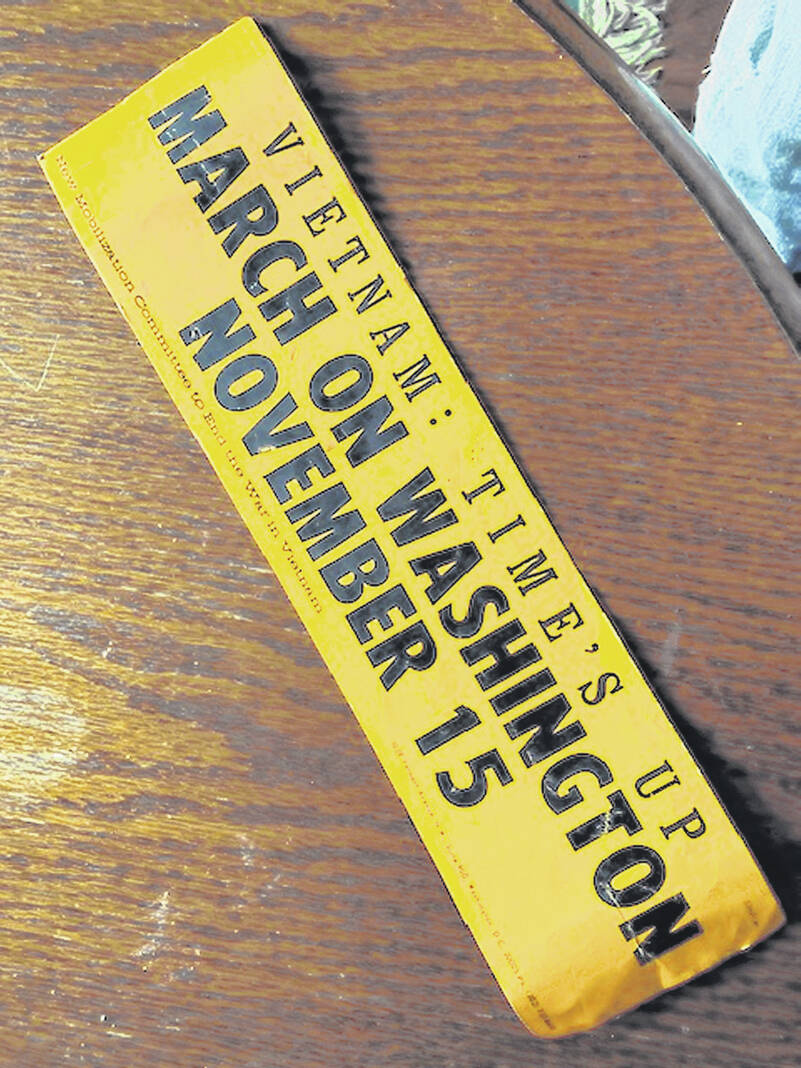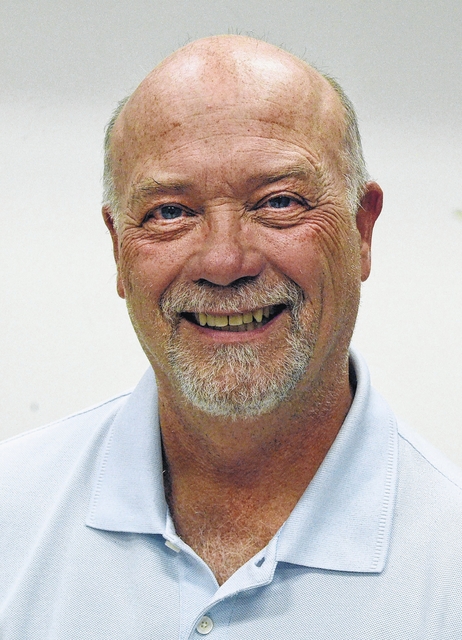


I don’t think about it often, but I certainly do each November. That’s the month that has two dates divided by just four days, days that live in opposite polarities. The first date is the 11th, a day set aside to honor our veterans for the sacrifices they’ve made to safeguard our freedoms.
As for that other date, well, that would be the 15th. It was on Nov. 15, 1969, during my freshman year at Miami University when I took part in the largest protest demonstration in Washington, D.C. history.
The event was staged by the Vietnam Moratorium Committee, and while smaller demonstrations were held in many cities throughout the country on that day, the largest by far was in our nation’s capital, where an estimated half million people came to have their voices heard.
As for the particulars, a bus trip was organized at Miami to attend the event, so my roommate and I boarded the bus along with several other students on Friday evening to make the 500-plus-mile drive. We arrived a bit bleary-eyed but ready for the experience on Saturday morning.
By boarding that bus for the trip, he and I were actually in violation of a university-imposed sanction, not because of any mandate that students were not allowed to protest the war by attending the event but an individual one imposed upon us for our silliness.
We were apprehended by security police in the early evening of our very first day on campus while trying to transport some stolen I-69 Michigan signage across campus to display in the first room in which we would live that wasn’t under our parents’ roofs. Both of us were placed on something called social probation, essentially a grounding, so that unless we were in class, in the library or in the dining hall, we were supposed to be in our Morris Hall dorm.
Roomie and I felt our voices needed to be heard, so we thought the risk was acceptable. The Vietnam War was not only the longest war in our country’s history but also the most unpopular. The 20-year-long conflict fought between the communist North Vietnamese and South Vietnam and its principal ally, the United States, cost our nation almost 60,000 young lives by war’s end in 1975.
As for my recollections of that Nov. 15, two score and 14 years will erase quite a few details, but I’ll never forget the sea of humanity surrounding the Washington Monument that day. Our youthful arrogance convinced us that nothing could go wrong in such an environment.
We listened to speakers who opposed the war, such as politicians Eugene McCarthy and George McGovern and singers Peter, Paul and Mary. I also remember that we were tear-gassed on a side street outside a community center that we’d heard had free food when police felt the crowd of which we were a part needed to be dispersed. By day’s end with still some ill effects from the gas that blurred our vision, tightened our chests and prompted spasmodic coughs, we made our way back to the bus’s embarkation point for the trip back to Oxford.
I remember we discussed one topic in particular during that school year of 1969-‘70, a school year filled with so much campus unrest over the Vietnam War, punctuated by that terrible May 4th on the Kent State campus when Ohio National Guardsmen opened fire during a student protest and four students exhaled for the final time. The question we debated was whether it was just this war and the cause of this war that we opposed or, had we been planted perhaps a generation earlier, would we have willingly taken up arms following the bombing of Pearl Harbor? It’s a question I still occasionally ask myself.
Laying that question aside, it is on this weekend that we honor those who never asked such a question of themselves, those who were and are willing to serve. I especially think about a couple of dear friends, one sadly gone now for many years and one thankfully still here, Tommy Davis, gone since January 12, 1995, and Dennis Bauman. Both fought in that most unpopular war, the very war that I rode a bus through the night from Oxford to D.C. and back again once upon a collegiate time to protest.
So, from this one-time anti-war demonstrator to each and every man and woman who’ve worn a military uniform, I reverently remove my cap and say, “Thank you for your service.”
John Grindrod is a regular columnist for The Lima News, a freelance writer and editor, and the author of two books. Reach him at [email protected].

